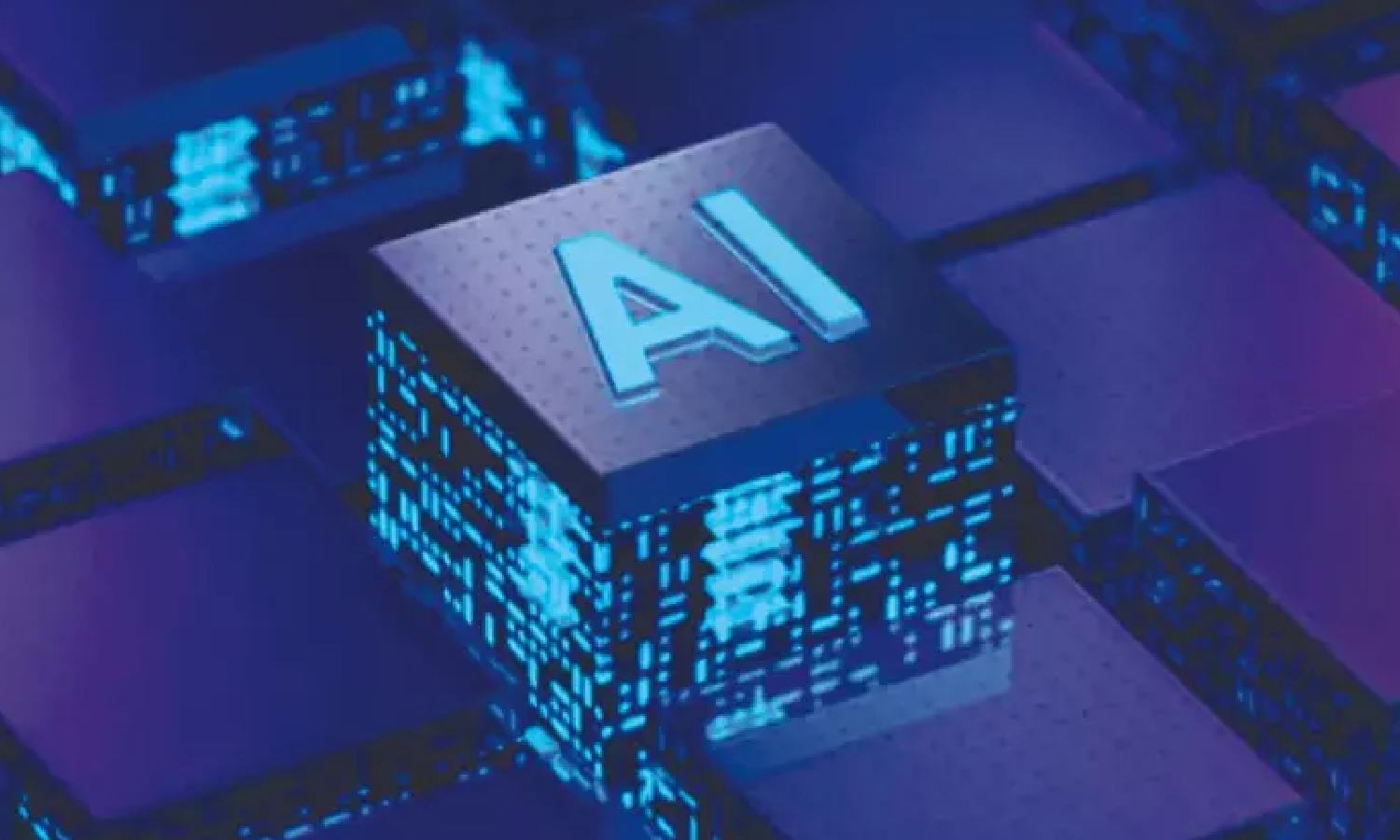AI Inevitability Debated: Experts Call for Cautious Approach

BOSTON - The notion that artificial intelligence (AI) is an unstoppable force shaping the future has been met with skepticism by academics at UMass Boston’s Applied Ethics Center. In a series of studies, the center has raised concerns over the widespread and often unquestioned adoption of AI across various sectors, including business, education, healthcare, and national security.
AI advocates across industries have long argued that the technology is not just a luxury but a necessity for staying competitive. In the corporate world, there's a push for businesses to integrate generative AI or risk falling behind. Similarly, in academia, there's pressure on educators to incorporate AI into teaching to prepare students for an AI-driven job market.
However, a report highlighted in The Economist in July 2024 suggests that AI's economic impact has been minimal so far, casting doubt on its proclaimed indispensability in the business sector. In education, while AI can offer innovative teaching tools, like Plato chatbots, it also poses risks to traditional learning methods like essay writing, which are crucial for developing critical thinking.
In the sciences and medicine, AI shows promise, particularly in areas like protein structure prediction and drug discovery. Yet, its application has not always met expectations. For instance, AI models failed to predict the severity of COVID-19 cases, leading to over-reliance and skepticism among medical professionals.
National security presents perhaps the most compelling argument for AI development, with the U.S. needing to keep pace with advancements by nations like China and Russia. However, an arms race approach could overlook the ethical implications and potential for international cooperation on limiting AI in warfare.
Skepticism Over Inevitability
Dr. [Name], a leading researcher at UMass Boston, argues that the narrative of AI inevitability oversimplifies the complex dynamics of technological adoption. "The claim that AI is inevitable and that we must adapt or be left behind is not only exaggerated but also misleading," Dr. [Name] stated.
The push for AI often comes from those with a vested interest in its proliferation, like tech companies and entrepreneurs. This raises questions about the objectivity of these inevitability claims. Moreover, recent history with technologies like smartphones, initially seen as transformative, has shown that public and institutional responses can shift dramatically as unforeseen consequences come to light.
A Call for Nuanced Adoption
The researchers advocate for a piecemeal approach to AI, emphasizing the need for nuanced evaluation and adoption rather than wholesale acceptance. "AI should be integrated where it provides clear benefits and under strict ethical guidelines," Dr. [Name] added.
The debate over AI's role in society continues, with calls for more balanced discussions that consider both the potential and the pitfalls of this powerful technology. As the world navigates this digital transformation, the message from UMass Boston is clear: AI's future should be shaped by thoughtful consideration, not inevitability.
